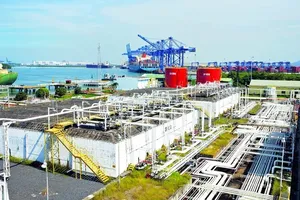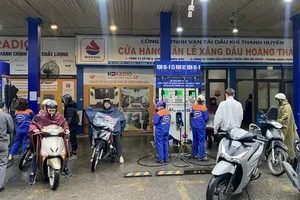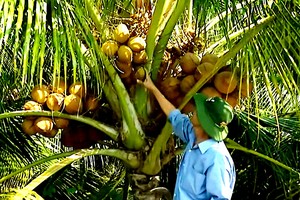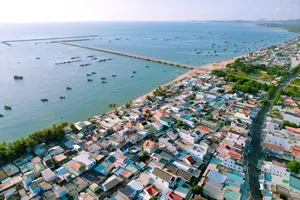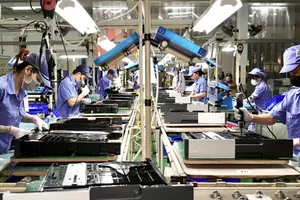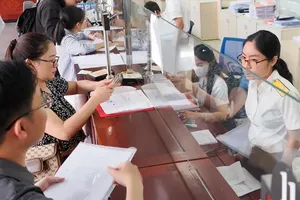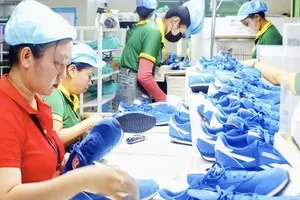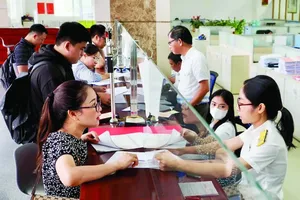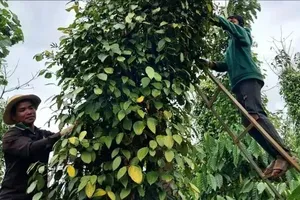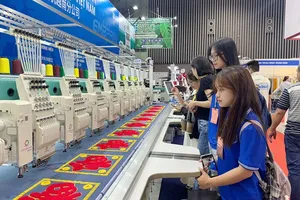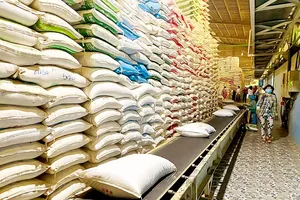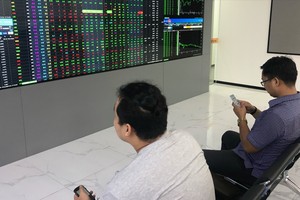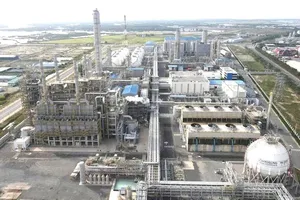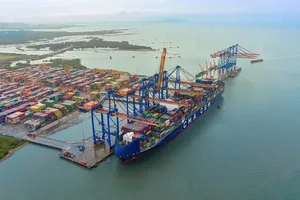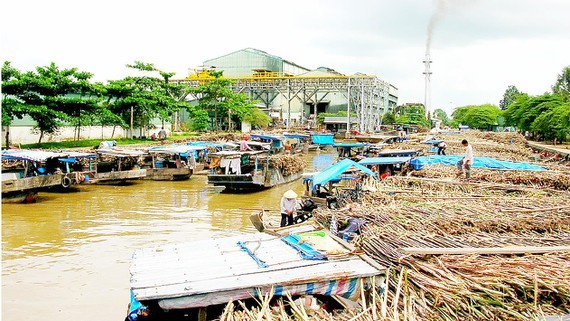
According to sugarcane farmers, earning profits from growing sugarcanes is extremely difficult but because of their situation, they have no other choices.
Nearly 20 years ago, provinces in the Mekong Delta flocked to disburse their budgets to import equipment to build sugar refinery plants. At that time, there were nearly 100,000 hectares of sugarcanes in the Mekong Delta. Sugarcane has gone through its ups and downs. When the prices of sugar were high, sugar refinery plants competed with each other fiercely to collect raw sugarcanes. When the prices of sugar dropped, they neglected material areas and lowered sugarcane buying prices, causing sugarcane material areas to constantly face uncertainties.
Nearly 20 years ago, provinces in the Mekong Delta flocked to disburse their budgets to import equipment to build sugar refinery plants. At that time, there were nearly 100,000 hectares of sugarcanes in the Mekong Delta. Sugarcane has gone through its ups and downs. When the prices of sugar were high, sugar refinery plants competed with each other fiercely to collect raw sugarcanes. When the prices of sugar dropped, they neglected material areas and lowered sugarcane buying prices, causing sugarcane material areas to constantly face uncertainties.
Sugar refinery plants were privatized step by step. After nearly 20 years, provinces, such as Can Tho, Soc Trang, Ben Tre, Kien Giang and Tra Vinh, have sold out all State-owned shares to private individuals. Then, sugar refinery plants have gradually come to deadlock as equipment of production was downgraded and outdated and post-sugar technology has not been given much attention. Meanwhile, distribution channel has always faced with pressure caused by smuggled sugar from Thailand, sending sugar refinery plants into miserable situation.
Those are the main reasons that caused sugar refinery plants in the Mekong Delta to go bankrupt. Earlier, there were 10 sugar refinery plants in the Mekong Delta but now six plants have been closed down, of which many plants are waiting to sell their equipment. This also led to a sharp decrease in the area of sugarcanes in the Mekong Delta, from 100,000 hectares to around 35,000 hectares. Currently, the largest sugarcane area of the Mekong Delta is in Phung Hiep District in Hau Giang Province. At peak time, Phung Hiep District had nearly 15,000 hectares of sugarcanes with highest annual production of 1 million tons of material sugarcanes in the Mekong Delta. Unfortunately, because of uncertainties in production and continuous declines in sugarcane prices, farmers chopped down sugarcanes and switched to grow other crops. As a result, the area of sugarcanes in the district is merely above 6,000 hectares now.
The price floor that Can Tho Sugar Joint Stock Company (Casuco) offered for this sugarcane crop was VND700 per kilogram for sugarcanes of 10 CCS bought at field.
‘Both farmers and sugar company are encountering difficulties. Local authority has been closely monitoring the coordinating of means of transport and sugarcane purchasing of Casuco. We expect that the company will fulfill its commitments with sugarcane farmers in the province,’ said Mr. Truong Canh Tuyen, vice chairman of the People’s Committee of Hau Giang Province.
Tens of thousands farmers in Ca Mau, Tra Vinh, Ben Tre, Kien Giang, Soc Trang and Hau Giang provinces who afford to shift to cultivate other crops have chopped down their sugarcanes and replaced them by pineapples, watermelons and seedless limes. Whereas there were also farmers who continued to grow sugarcanes with concerns about losses as they could not afford crop switching.
The price floor that Can Tho Sugar Joint Stock Company (Casuco) offered for this sugarcane crop was VND700 per kilogram for sugarcanes of 10 CCS bought at field.
‘Both farmers and sugar company are encountering difficulties. Local authority has been closely monitoring the coordinating of means of transport and sugarcane purchasing of Casuco. We expect that the company will fulfill its commitments with sugarcane farmers in the province,’ said Mr. Truong Canh Tuyen, vice chairman of the People’s Committee of Hau Giang Province.
Tens of thousands farmers in Ca Mau, Tra Vinh, Ben Tre, Kien Giang, Soc Trang and Hau Giang provinces who afford to shift to cultivate other crops have chopped down their sugarcanes and replaced them by pineapples, watermelons and seedless limes. Whereas there were also farmers who continued to grow sugarcanes with concerns about losses as they could not afford crop switching.

